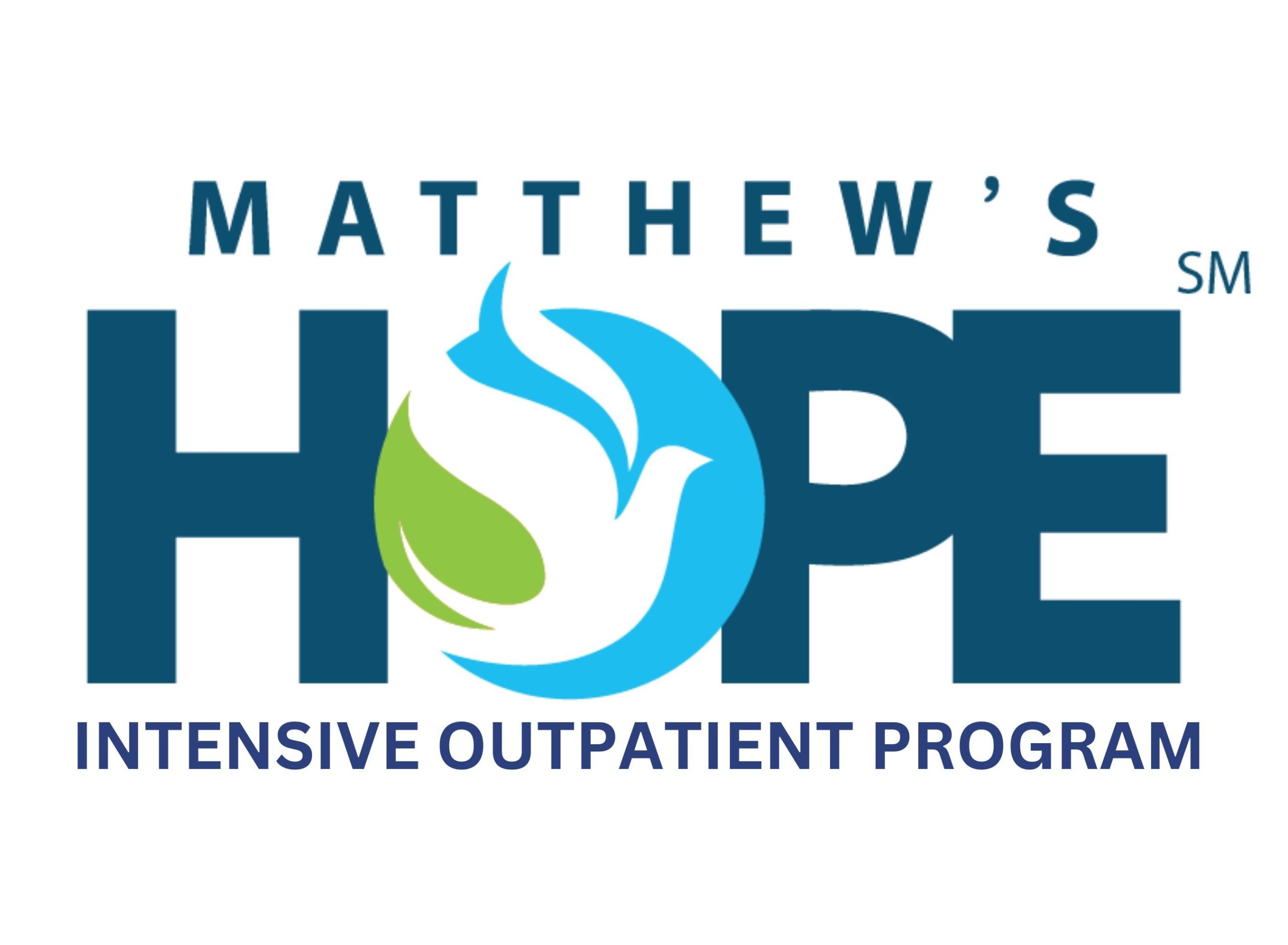If you are trying to stage an intervention for your loved one, you can reach out to us at Matthew’s Hope Intensive Outpatient Program for more information and support.
Before someone can get help for an addiction, they must realize they have a problem. Many families and friends stage an intervention because they are worried about a loved one’s substance abuse. Figuring out what to say can be challenging for family members.
Often, people don’t realize they have a substance abuse problem or don’t want to admit it to anyone. They may be afraid to get help or believe they can recover without going to rehab. No matter what the reason is, it’s important for family members to intervene and help a loved one get the right treatment for their needs.
What is an Intervention?
An intervention is when loved ones carefully plan a time when they can meet to confront their family member about substance abuse. Then, they offer them a way to change their habits before the addiction spirals out of control.
The point of a drug and alcohol addiction intervention is to help the loved one realize they need help. Once they can admit they have a problem, loved ones can persuade them to get started in a treatment program. Because many people don’t realize they have an issue or refuse to accept their addiction, a drug intervention is an important tool for showing someone how important it is for them to get help.
During the drug and alcohol intervention, loved ones should share examples of how the individual’s addictive behaviors have caused harm. Then, they should discuss clear steps for getting treatment, as well as the consequences of not getting treatment. Throughout the process, it is important to stay calm, offer solutions, and avoid becoming judgmental.
How to Do an Intervention the Right Way
To stage a successful alcohol or drug addiction intervention, there are a few things you should do.
1. Plan Out Your Approach
To make the intervention successful, you should plan out your approach. Because these situations can become emotional, you may consider the help of a professional counselor or interventionist as you plan.
2. Learn About the Process
Before the drug or alcohol addiction intervention, take some time to learn about treatment programs and addictions. Additionally, you should try to learn more about the extent of your loved one’s addiction.
3. Determine the Specifics
Who will be present for the drug intervention? Other than planning the date and location with your team, you should also figure out what the consequences will be for not getting care. For example, parents may ask the individual to move out.
4. Write Out Examples
It can be hard to think about what to say in the heat of the moment. Beforehand, consider writing out clear examples of when the addiction caused problems. When reading these examples, it is important to avoid getting judgmental or angry.
When you are ready, you can hold the intervention meeting. Ask the individual to come to the meeting location without telling them why. Then, everyone can take turns discussing their feelings.
Biggest Challenges of Getting a Loved One into a Recovery Program
Unfortunately, an addiction intervention isn’t always successful. You may face some of the following challenges when you try to get your loved one into a treatment center.
- They won’t accept that they have a problem.
- The individual may enjoy drinking or using drugs and not want to stop.
- If they have managed to maintain a job or have family responsibilities, they may worry about taking time off.
- They may be afraid of going through the withdrawal process or being unable to finish the program.
- The individual thinks addiction treatment is too expensive.
- They are worried about being stigmatized for having an addiction.
Reach Out to Get Help for Your Loved One
There will always be reasons why someone is afraid to get addiction treatment. All of these problems can be overcome if the individual is able to recognize they need professional help. If you are trying to stage an intervention for your loved one, you can reach out to us at Matthew’s Hope Intensive Outpatient Program for more information and support.




